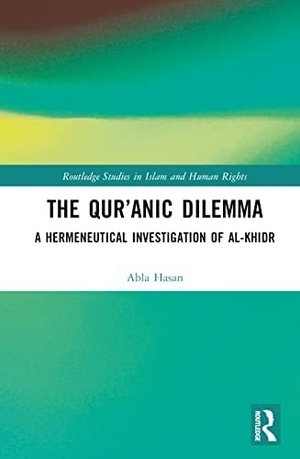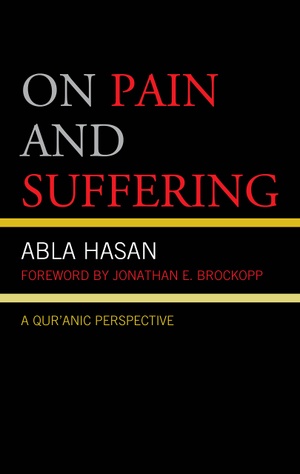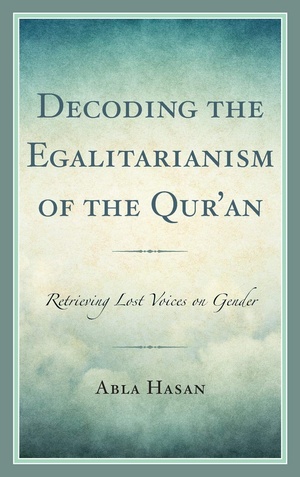BOOKS

Book Description
This book focuses on reconnecting with the lost rich humanitarian content of the Qur’an through a hermeneutical investigation of al-Khidr’s story. Through an active engagement with primary and secondary sources, the book provides a new analytic reading of this puzzling Qur’anic story. By reinvestigating the largely overlooked pluralistic message in the Qur’an, the book debunks an Islamic fundamentalism, which often uses the text as a justification for ill-informed choices that can be easily seen to drag the Qur’anic text in unexpected directions. It introduces current academic controversies over proper addressing of critical issues in Islamic heritage and goes beyond mystic romanticization to clarify blind spots in reading al-Khidr’s story. Through rethinking al-Khidr’s story, the book addresses the exegetical classical and modern attempts to reconcile the Qur’anic unconditional endorsement of the right to life for everyone regardless of their faith, with the perplexing reference to infidelity as a justification for killing found in chapter 18. The Qur’nic Dilemma will be of interest to all scholars of Islamic Studies or those interested in Qur’anic interpretation, Muslim ethics, or comparative theology.
Book Reviews

Book Description
Driven by a detailed hermeneutical investigation of the Qur'anic story of creation, this book questions the hybrid Biblical/Qur'anic narrative that gradually erased the lines that define the authentic Qur'anic account. Abla Hasan argues that humanity's divine status is the bedrock from which to investigate the meaning of human religiosity and address the problem of pain and suffering. The detailed analysis in this book answers many linguistic and logical pending questions in the Qur'an and is a serious departure from popular Muslim narratives that seek to alleviate our pain and suffering.
Book Reviews

Book Description
This volume challenges a long history of normalizing patriarchal approaches to the Qur’an and calls for a questioning of the interpretive credibility of many inherited Qur’anic commentaries. The author presents a fresh reading of the sacred text and Islamic teaching traditions as the rediscovery of a lost humanitarian and gender-egalitarian textual richness that has been poorly and loosely handled for centuries. The book stresses the importance of reviewing the interpretive linguistic choices that jurists and exegetes over the last fourteen centuries have adopted to semantically reshape the Qur’anic text. The vigilant reading the author provides of carefully chosen texts and commentaries suggests that many interpretive approaches to the Qur’an are dominated by sociopolitical factors alien to the intrinsic values of the text itself. More importantly, inconsistencies across putatively sound books of tafsīr indicate that the Qur’anic text often suffers from historical and systematic drainage of its humanitarianism, gender-egalitarianism, and religious pluralism.















